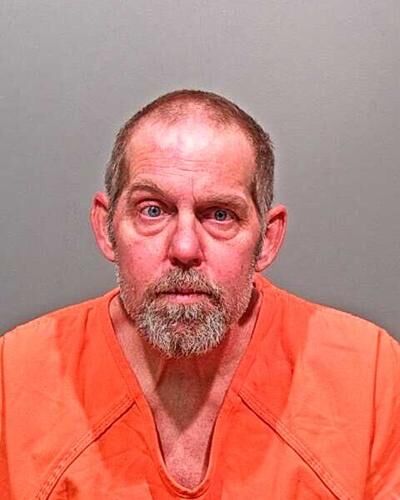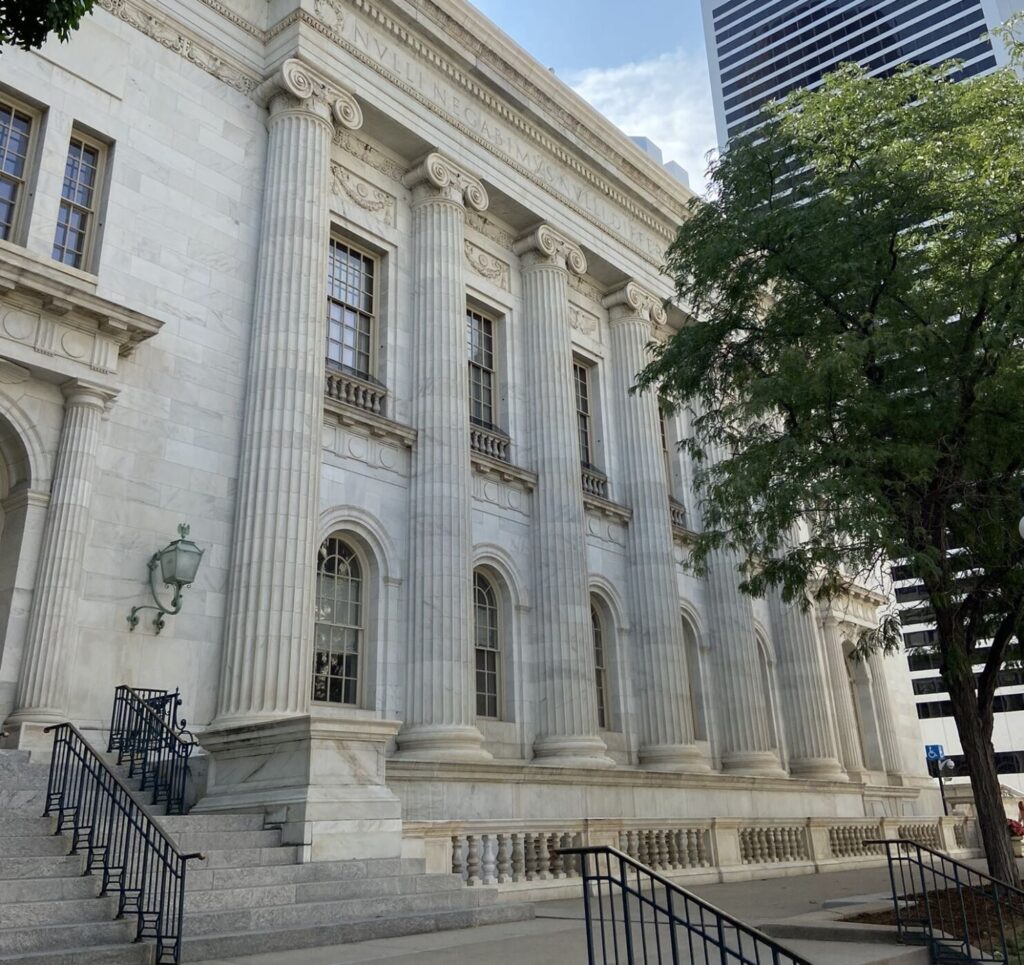Colorado Supreme Court to examine whether corporations can be liable for ‘felonious killing’
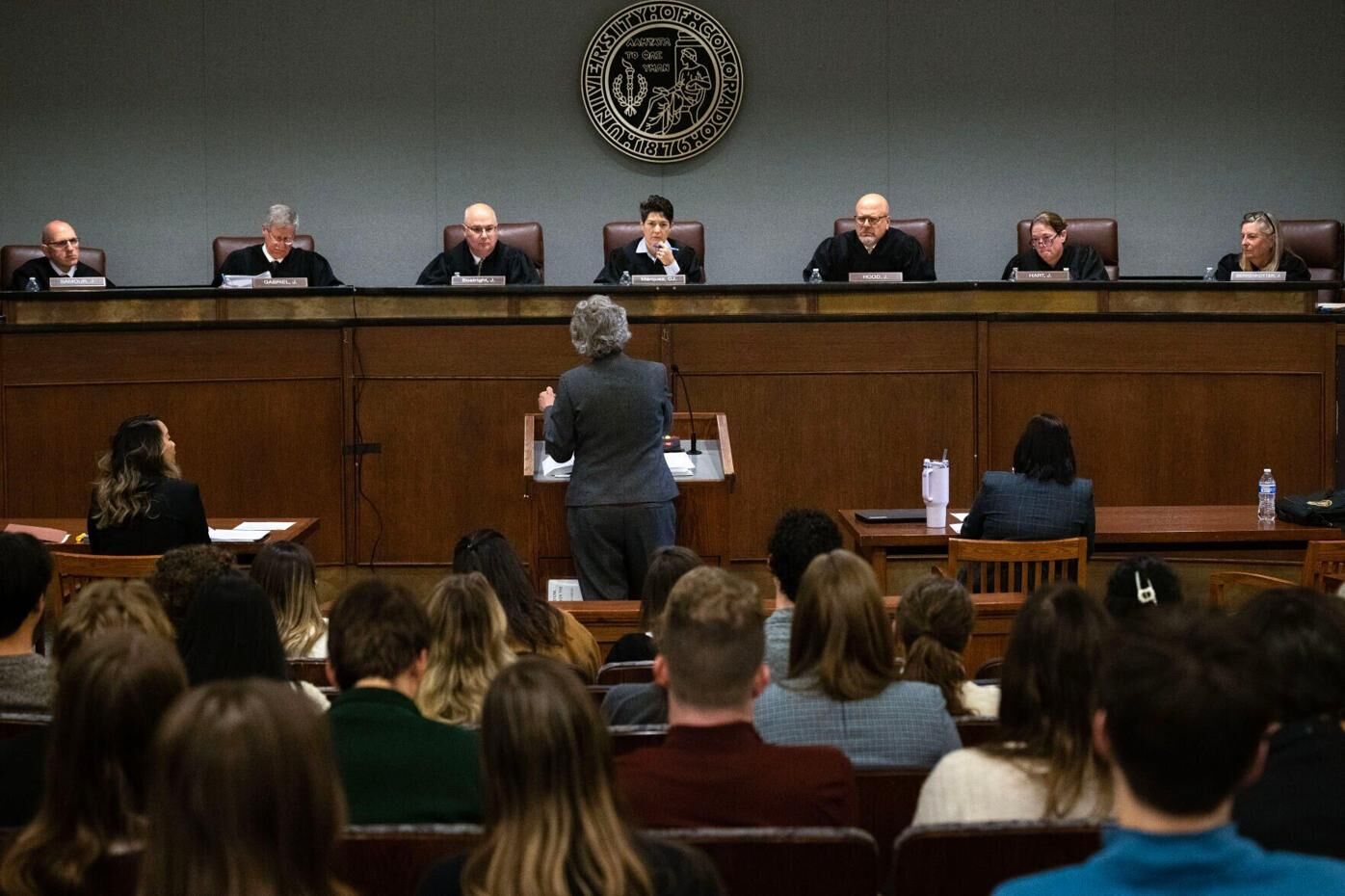
The Colorado Supreme Court recently announced that it will determine whether corporations can be liable for a “felonious killing,” meaning there is no limit to the damages they might pay for pain and suffering after causing a wrongful death.
At least three of the court’s seven members must agree to take a case on appeal.
In addition, a pair cases fell just one vote short of that threshold, with two justices interested in deciding whether Colorado’s governmental immunity law applies to health care workers’ retaliation-related claims and when a company’s repeatedly deceptive sales rise to the level of impacting the public.
Justice Melissa Hart did not participate in the court’s consideration of any of the cases. She has been on a leave of absence since late October for “family and personal health reasons.”
Felonious killing
After a 2023 trial, Denver jurors awarded the children of Carol Ross $15 million in noneconomic damages, such as pain and suffering, because Ross died in a gas explosion. The jury agreed Xcel was liable under the Wrongful Death Act, as its ruptured natural gas pipeline caused Ross’ death at her Aurora home.
Before trial, the plaintiffs asked District Court Judge Stephanie L. Scoville to declare that Xcel’s actions amounted to manslaughter, so the felonious killing exception to the damages cap should apply. Scoville noted there was no legal guidance from Colorado’s appellate courts, but the law’s reference to an “individual,” in her view, meant corporations could not be held liable for more than the $436,070 cap that existed at the time.
Consequently, she imposed the capped amount on Xcel.

But a three-judge Court of Appeals panel disagreed. In context, explained Judge Terry Fox, it made no sense for individual people to be held liable for large jury awards after they kill someone, but not corporations.
“Such an interpretation — based solely on the literal language of the felonious killing exception,” she wrote, “would be contrary to the legislature’s intent to require individuals and corporations to compensate (Wrongful Death Act) plaintiffs.”
Because Scoville had not determined in the first place if Ross’ death amounted to a felonious killing, the panel returned the case to her for that decision. However, Fox added that Scoville also incorrectly calculated Xcel’s damages. Because the jury only found Xcel 12% at fault, with other parties also sharing the blame for Ross’ death, it would be proper to award $1.8 million to the plaintiffs if there was no cap.
If the cap applied, Fox continued, Scoville needed to apply the cap first, then multiply it by 12% — leaving the plaintiffs with only $52,328 on a $15 million jury award.
Both sides appealed to the Supreme Court. Xcel argued it would be detrimental to business across the state if corporations were subjected to expanded liability for felonious killings. The plaintiffs contended it was unjust to apply the cap first, then reduce the jury’s damages proportionately.
The Supreme Court will decide both issues.
The case is Public Service Company of Colorado v. Estate of Ross.
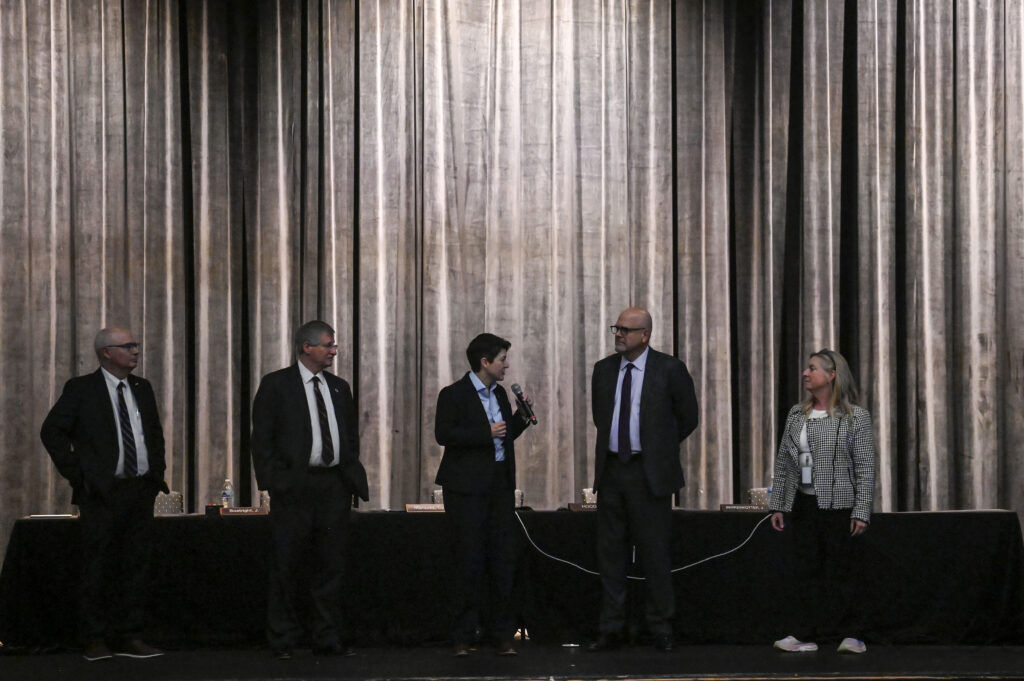
Termination in the health care workplace
Katie Bakes was a physician at Denver Health who alleged her termination was a result of reporting her concerns about patient safety or care. Her lawsuit against her former employer made three claims, including under Colorado’s Health Care Worker Protection Act. The law prohibits health care providers from retaliating against employees who make “a good faith report or disclosure” about patient-related concerns.
Denver Health sought to dismiss that claim because, as a public entity, it was shielded by the Colorado Governmental Immunity Act. Although public entities are broadly immune from liability claims for injuries they cause, there are exceptions carved out. A potential plaintiff must provide notice of their claim, however, within 182 days of the injury.
Bakes did not provide notice. After determining Bakes was advancing the kind of civil liability claim governed by the immunity law, Denver District Court Judge Martin F. Egelhoff dismissed that portion of her lawsuit.
A Court of Appeals panel agreed, reasoning Bakes’ claim was akin to a wrongful discharge liability lawsuit that historically has fallen under the governmental immunity law.
The Health Care Worker Protection Act “serves a broader policy goal than merely compensating individuals for personal injuries,” argued Bakes’ attorneys in appealing to the Supreme Court. Instead, “the legislature’s primary purpose was to protect patients.”
In a Nov. 17 order, the Supreme Court rejected Bakes’ appeal, while noting Justices Richard L. Gabriel and Carlos A. Samour Jr. would have accepted the case to answer whether her claim was subject to the restrictions of the governmental immunity law.
The case is Bakes v. Denver Health and Hospital Authority.
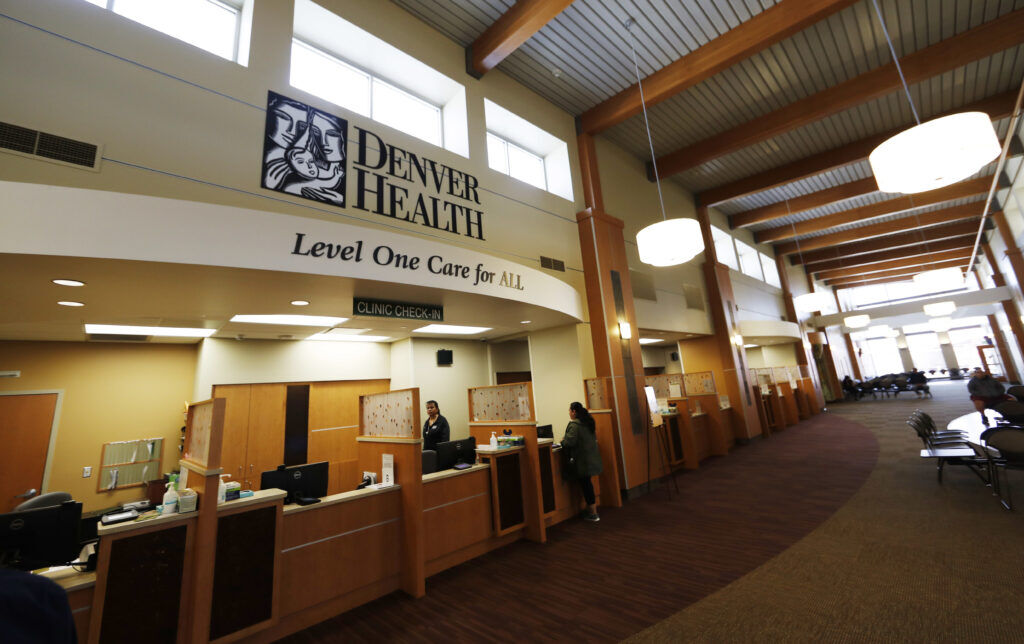
Consumer protection
After purchasing a trailer in 2021, Courtney McCurdy quickly had to obtain repairs for unexpected damage. Later, when she and her husband took the trailer over Monarch Pass, the tires began smoking and the trailer leaned toward the embankment.
McCurdy discovered that the trailer, in fact, had been repeatedly auctioned off by salvage reseller Copart. Four times, Copart sold the trailer with either a clean title or with incomplete information about the damage, and each of the buyers returned it. The fifth buyer, which obtained the trailer with “minor dents and scratches” advertised, in turn sold it to McCurdy.
An Adams County jury sided with McCurdy and against Copart on her claims of fraudulent nondisclosure and violating the Colorado Consumer Protection Act. Because the CCPA entitled her to triple damages, a judge awarded McCurdy $2 million.
To prevail on a consumer protection claim, the CCPA requires that a plaintiff prove a deceptive trade practice that is part of a defendant’s business and “significantly impacts the public.” On appeal, a Court of Appeals panel concluded McCurdy had not actually proven Copart’s actions had a significant public impact.
“First, McCurdy failed to demonstrate that a significant number of consumers were affected or potentially affected by Copart’s failure to properly title the vehicles it auctions,” wrote Judge Craig R. Welling. Because the trailer was auctioned “only to members of Copart,” there was a limited pool of affected consumers.
While there was “some testimony that Copart had mistitled vehicles in the past,” Welling continued, “there was no indication that it had negatively impacted previous consumers or that the practice was so extensive that there was a significant potential it would impact consumers in the future.”
In challenging the appellate court’s decision to overturn her consumer protection award, McCurdy asked the Supreme Court to consider the “size of the business model” when considering whether Copart’s actions had an impact on its nearly 10,000 monthly vehicle listings in Colorado.
“Because even a relatively small percentage of deceptive transactions can establish a significant public impact when extrapolated across the size of a large business model,” wrote attorney Matthew R. Osborne, “in evaluating public impact, the scope of the fraud should be considered across the size of the business operation to determine the number of foreseeable downstream consumers affected.”
The Supreme Court turned down the appeal on Nov. 3, with Chief Justice Monica M. Márquez and Samour indicating they would have accepted the case to decide whether a “small percentage of deceptive transactions in a high-volume business” can establish a public impact.
The case is McCurdy v. Copart, Inc.









